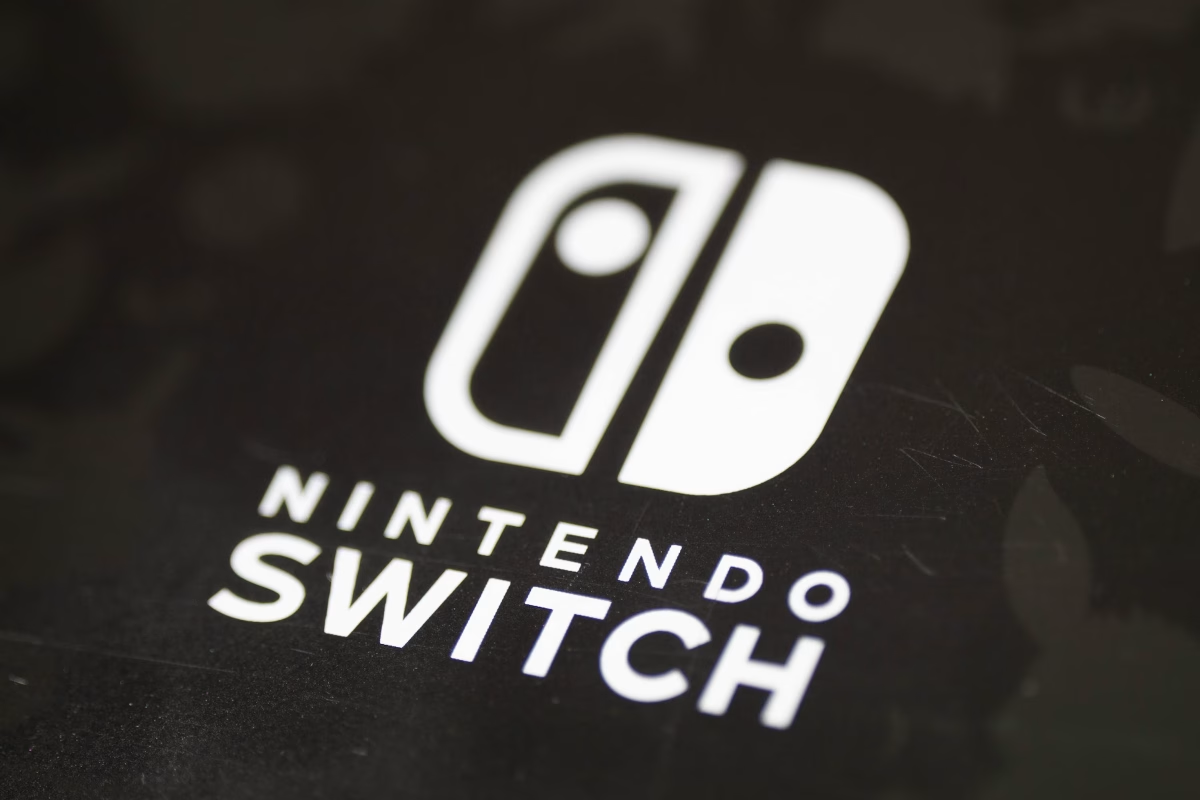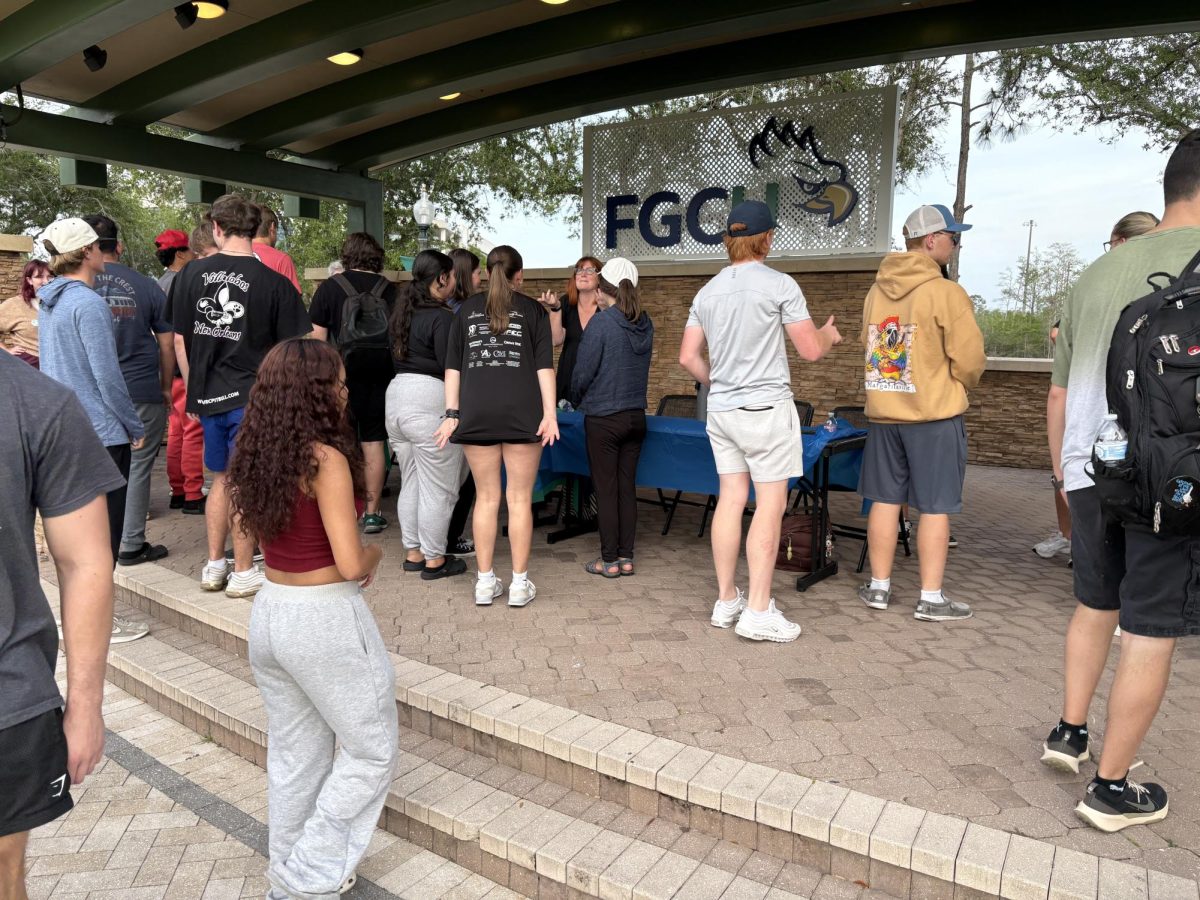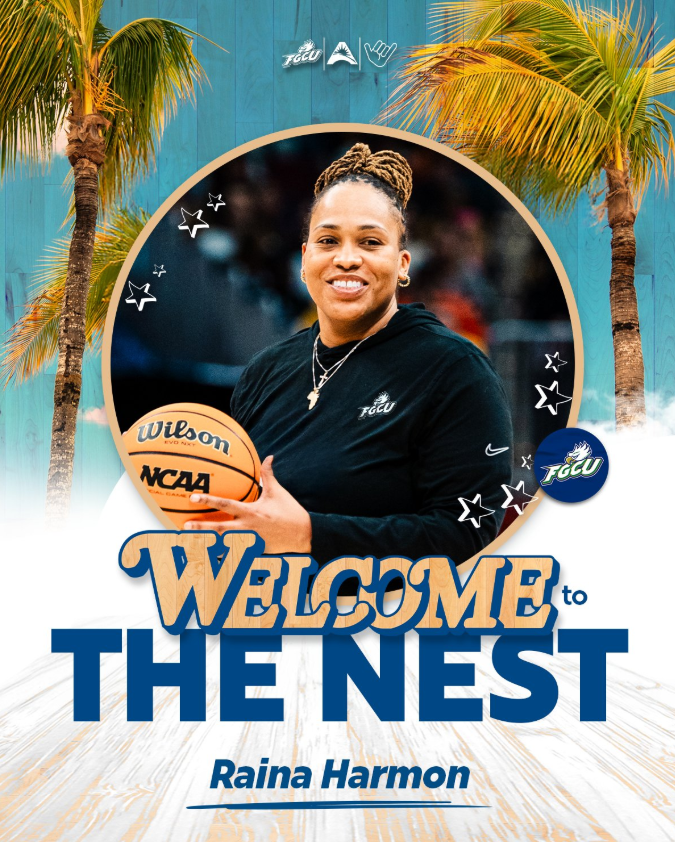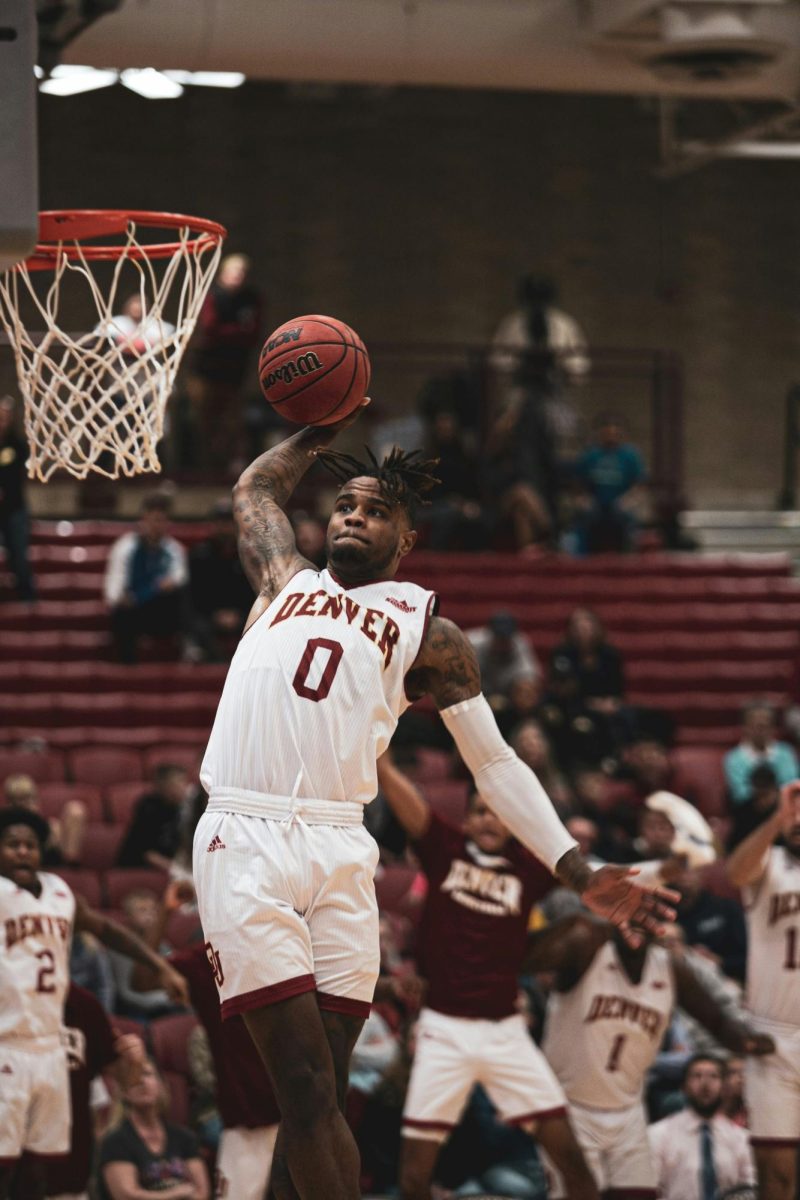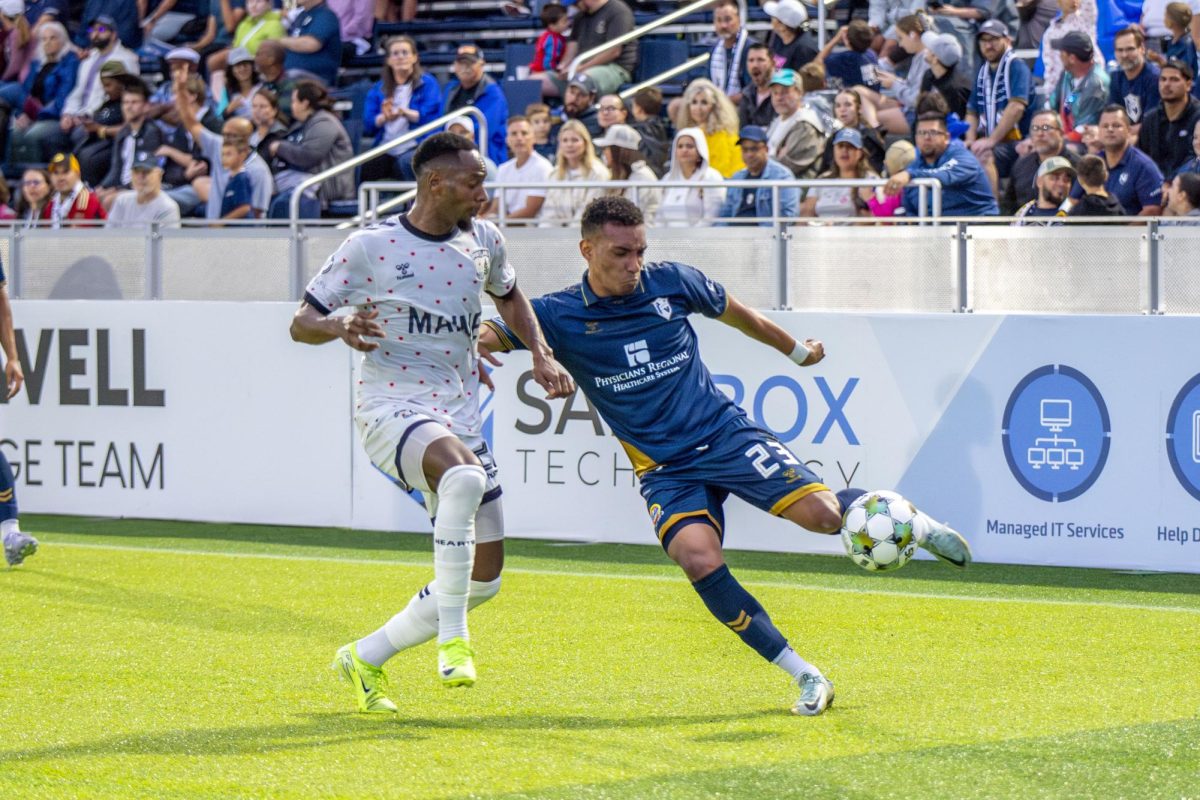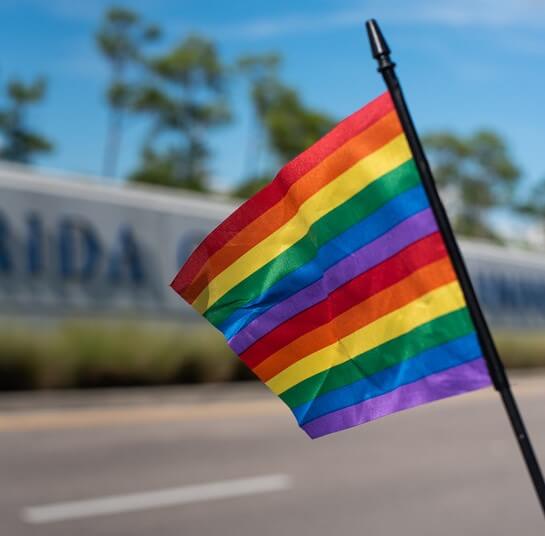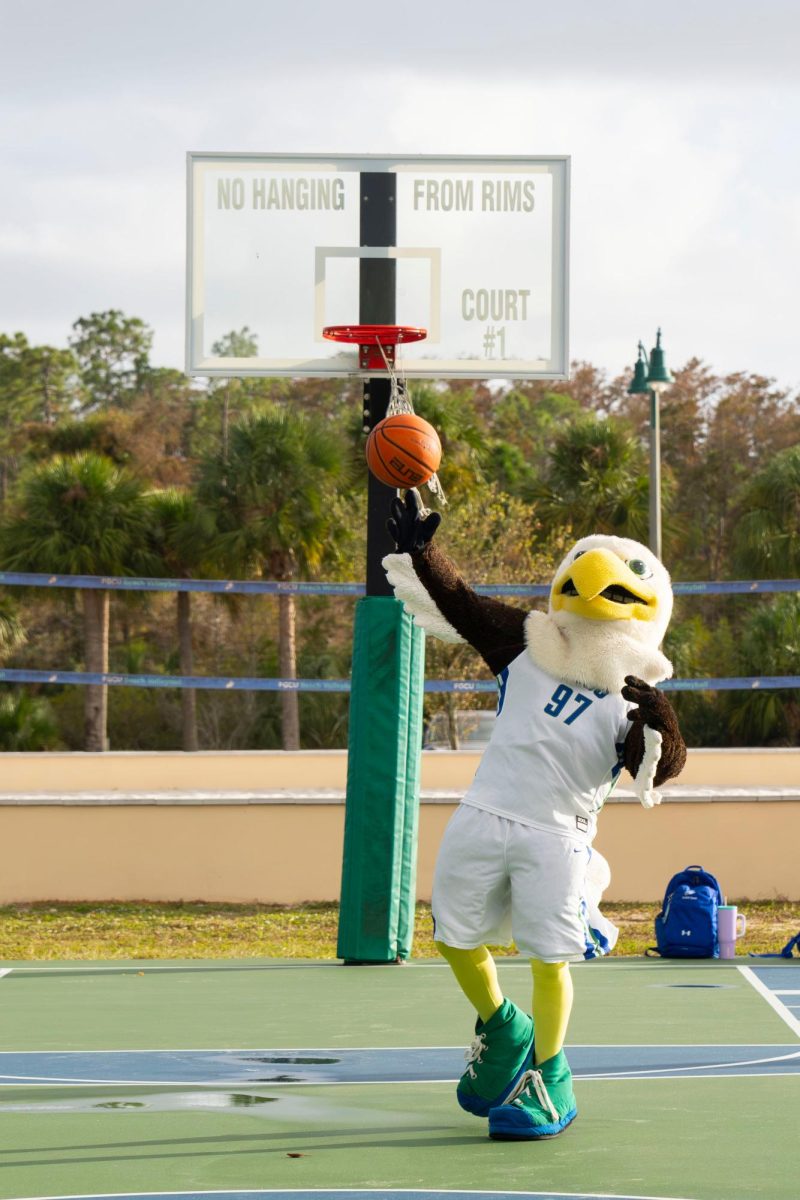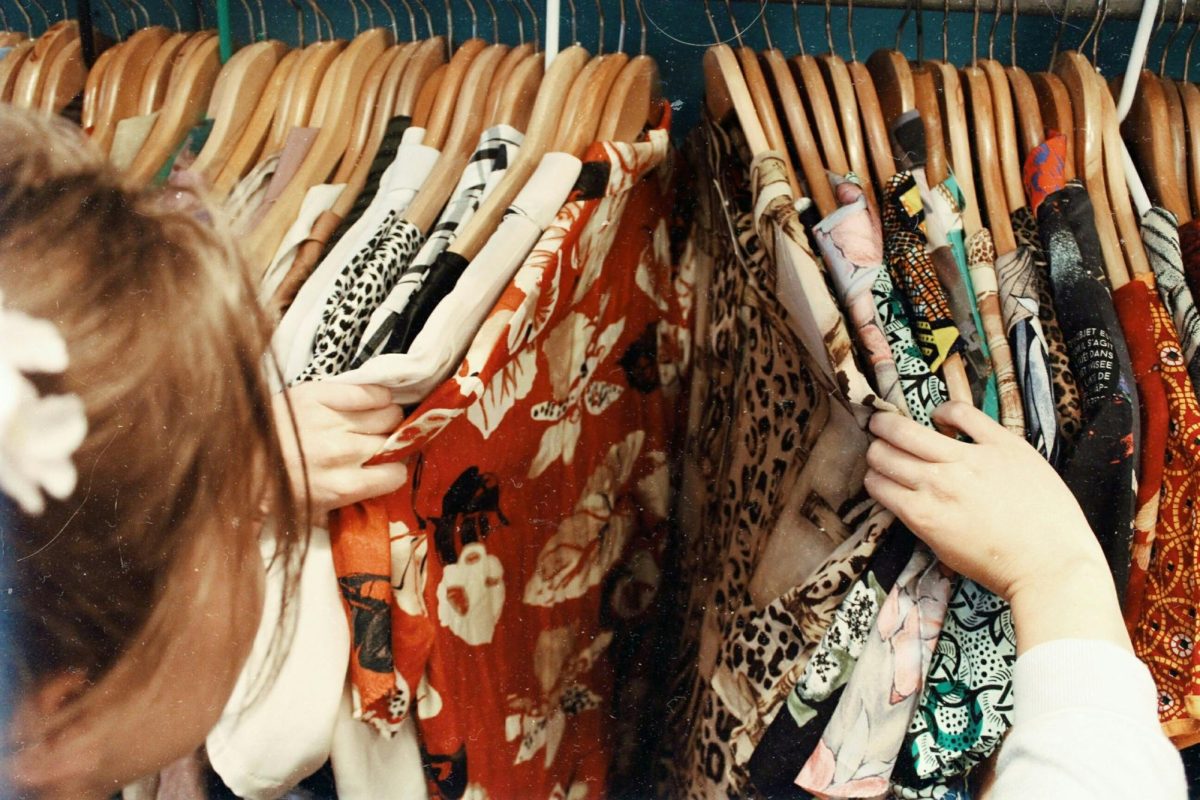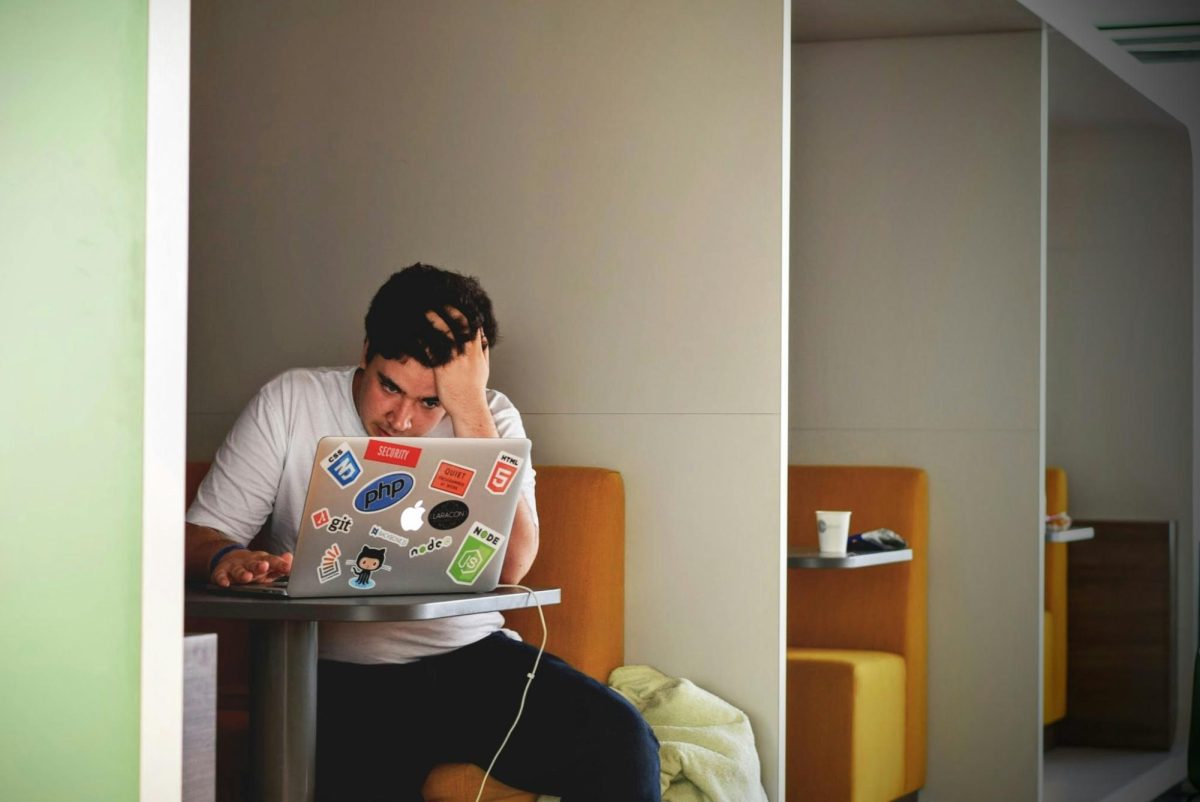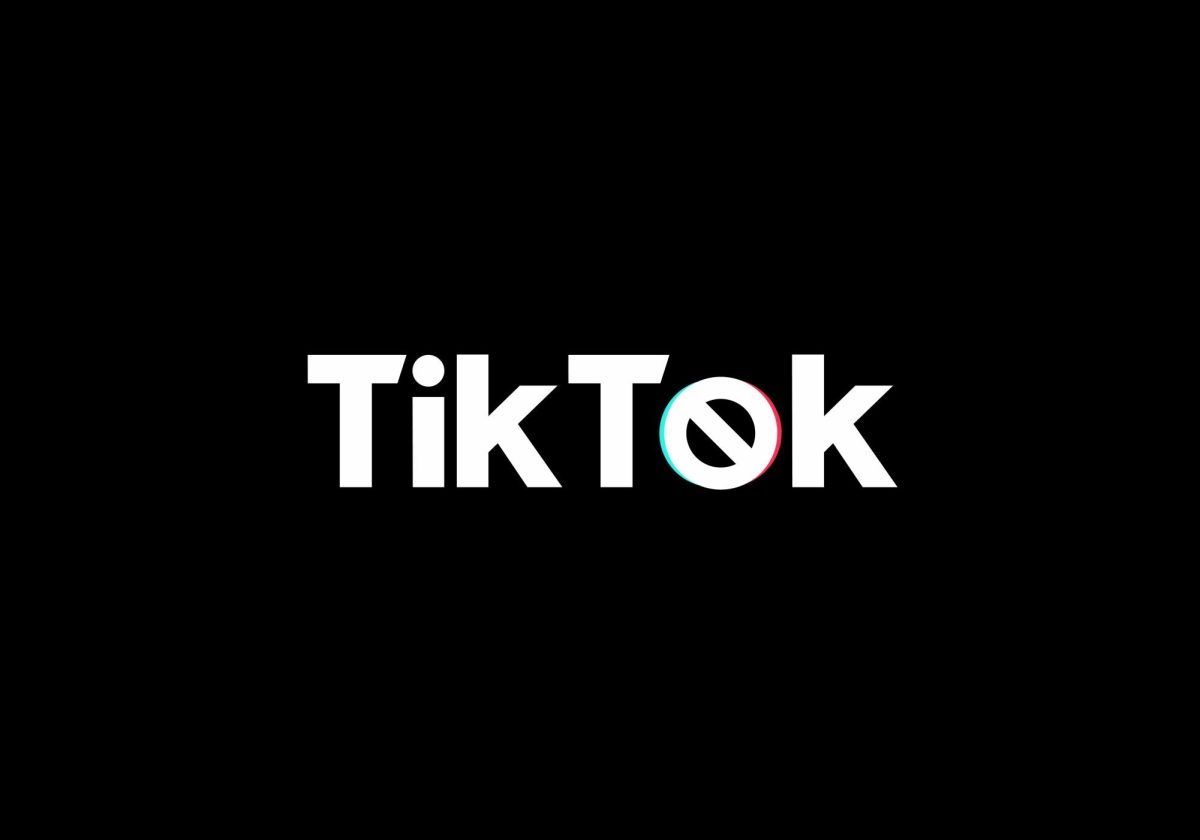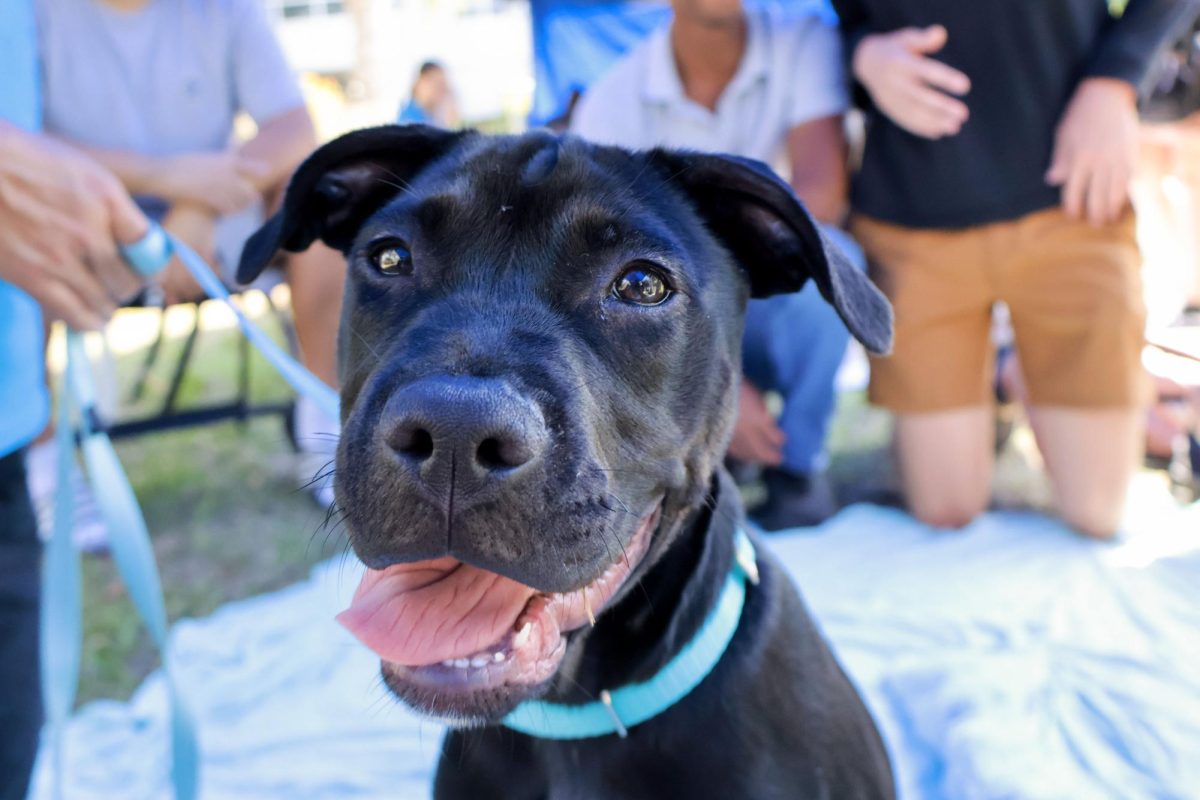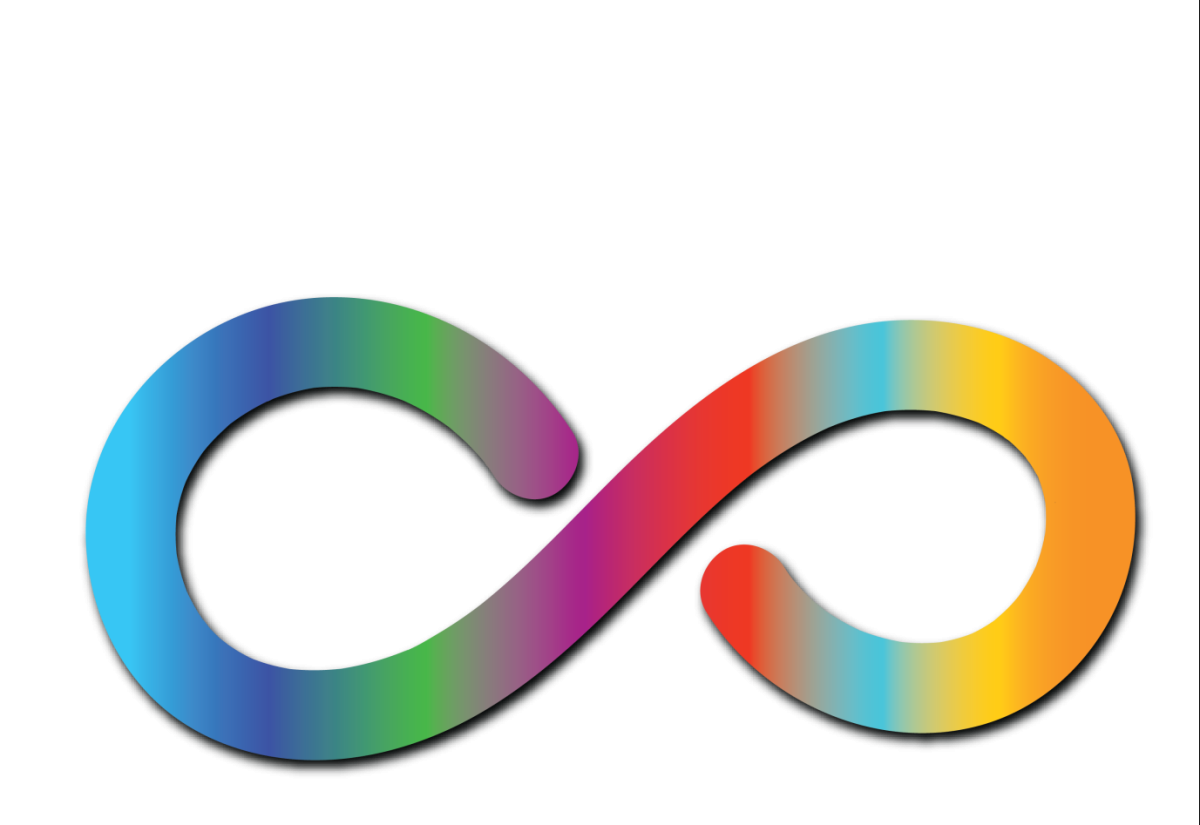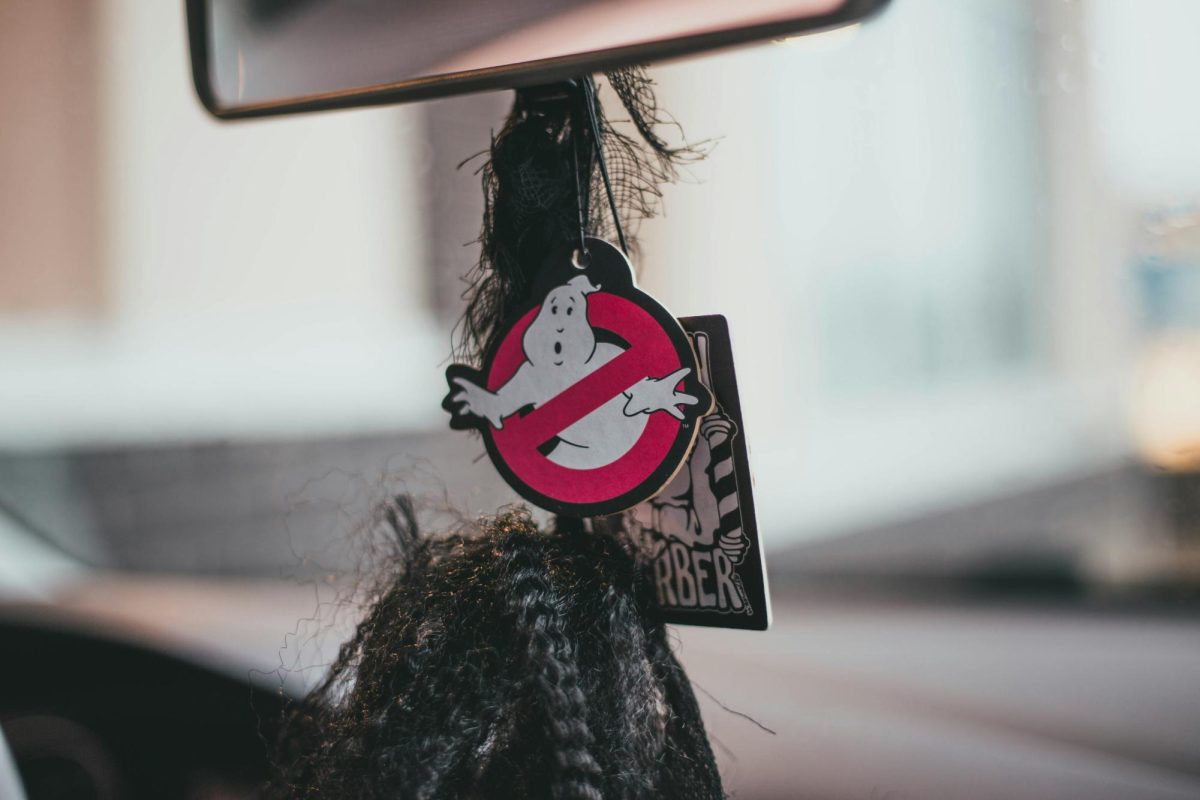By Erica Fish
Staff Writer
The month of October is not only about celebrating Halloween.
For the LGBTQIA+ community, it means celebrating pride. National Coming Out Day took place Oct. 11. Pride month is a celebration where members of the community reflect to see how far they have come.
Unfortunately, not all communities are welcoming. For some LGBTQIA+ community members, discrimination has been a controversial issue for businesses in Southwest Florida.
Gay and transgender individuals can face widespread discrimination in the workplace. According to the Center for American Progress, studies show 15-43% of gay people have experienced some form of harassment at work.
Apart from employment discrepancies, community members want to know why businesses unfairly treat or deny service to LGBTQIA+ customers and employees.
“This is personal. No one should experience being afraid to express their identity, whether if it’s about your gender or relationship,” said FGCU senior Oscar Wilson, a member of the LGBTQIA+ community. “Experiencing discrimination and retaliation in public locations, like local businesses, is a reason why there needs to be actual LGBT equality.”
Close to 75% of Floridians support legally protecting LGBTQIA+ people from discrimination, according to Equality Florida.
But per current Florida state law, no law addresses discrimination protections based on a person’s sexual orientation or gender identity in the workforce, housing or other publicly used areas.
Several cities and counties, compromising half of Florida’s population, have enacted anti-discrimination ordinances, which have started to make their way to Naples and Fort Myers.
However, it’s going to take more than some locals voicing the need for these rights.
“Discrimination is any sort of negative action or behavior toward someone who can’t change something about themselves,” Wilson said. “And I can’t change the fact that I am a gay man, and this won’t stall people from commenting, harassing or becoming violent.”
“Apart from myself, I’ve had friends who have gotten denied service, and people have tried to not serve them because of their identity if it’s been at a bar or a restaurant,” said FGCU junior Silas Hall, a transgender individual in the LGBTQIA+ community.
Some transgender individuals face the constant struggle of receiving daily insults. And for members of the LGBTQIA+ community, growing accustomed to such neglect is a harsh reality.
“Being treated for things that are out of your control or embracing your own choice, like being transgender, is not meant to inconvenience anyone,” said FGCU senior Lukas Goldstein, a transgender individual in the LGBTQIA+ community.
It’s common for people to feel scared when they come out because of society’s scrutiny.
Queer residents of SWFL feel no different.
“While this is a conservative area, overall, Florida is a fairly progressive state,” Hall said. “We should be afforded legal protection to workforce legislation, public accommodation and identification.”
In 2012, a gay couple was denied services at Masterpiece Cakeshop for their wedding cake, which made national news after the owner claimed he did not want to serve the couple due to his religious beliefs. The Supreme Court ruled in favor of the baker, according to BBC.
It’s now 2020, and the same experiences are happening locally as members of the LGBTQIA+ community hesitate about where they can go to be served.
“It’s okay to have your beliefs, but regardless of how people identify, it shouldn’t matter. That’s a customer bringing business,” Wilson said. “Business owners and employees should be able to separate their professionalism from personal views. At the end of the day, it’s all about making a profit.”
All businesses could have a boost in revenue if they promote an LGBTQIA+ friendly environment, Goldstein said.
The 1964 Civil Rights Act has been used in defense, which outlaws any employment discrimination based on sex, race, color, national or religious origin.
However, no legislative act explicitly protects people based on their sexual orientation or gender identity.
Diversity amongst humanity is what makes the culture of people unique. So, without diversity, who are we?
One well-known restaurant in Fort Myers is The Gathering Place, owned by couple Tony Clark and Shawn Leiva, who pride themselves on creating their business as a safe space for LGBTQIA+ members who are all welcome to dine there.
Their positive attitude has rippled through Southwest Florida, influencing members of the community, along with supporters who are advocating to make a difference.
“Our community is strong, and we are resilient,” Goldstein said. “No matter how much discrimination or judgment we face, we pick ourselves back up and express ourselves however we want.”
As the community grows in Fort Myers, suggested LGBTQIA+-sensitivity and annual diversity training are asked to come into effect. This could help prevent discriminant behavior in publicly used spaces or businesses.
“If Florida were to pass a non-discriminatory act, it would instill better trust in our judicial system,” Hall said.
An increase in legalities that independently offer local human rights can make a difference in Florida and other states who have not passed an anti-discrimination ordinance.
It will take more than advocates and officials who stand for the community to promote initiating progress for a better Southwest Florida.
“Finding your self-confidence and your truth is what creates many unique situations for us… Good or bad,” Wilson said. “All situations make me who I am and, as difficult as they were, I wouldn’t have changed any of it. I know I’m resilient and can better myself for whatever social challenge comes my way.”
Categories:
Does the South really welcome LGBTQIA+ members?
October 29, 2020
Story continues below advertisement
0
More to Discover

